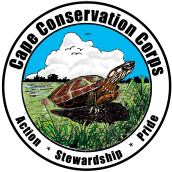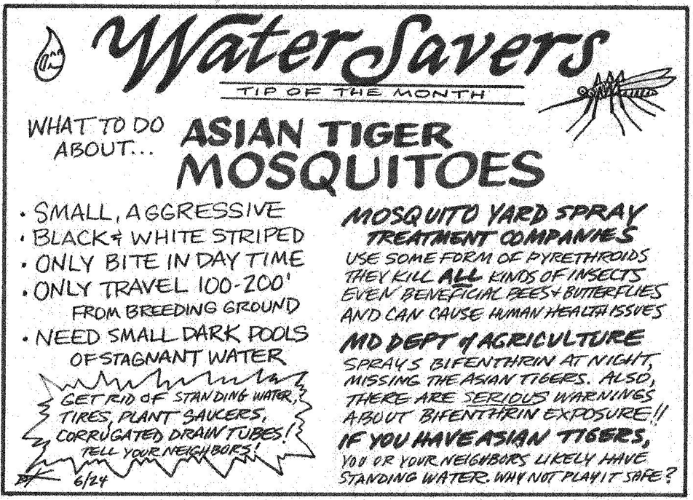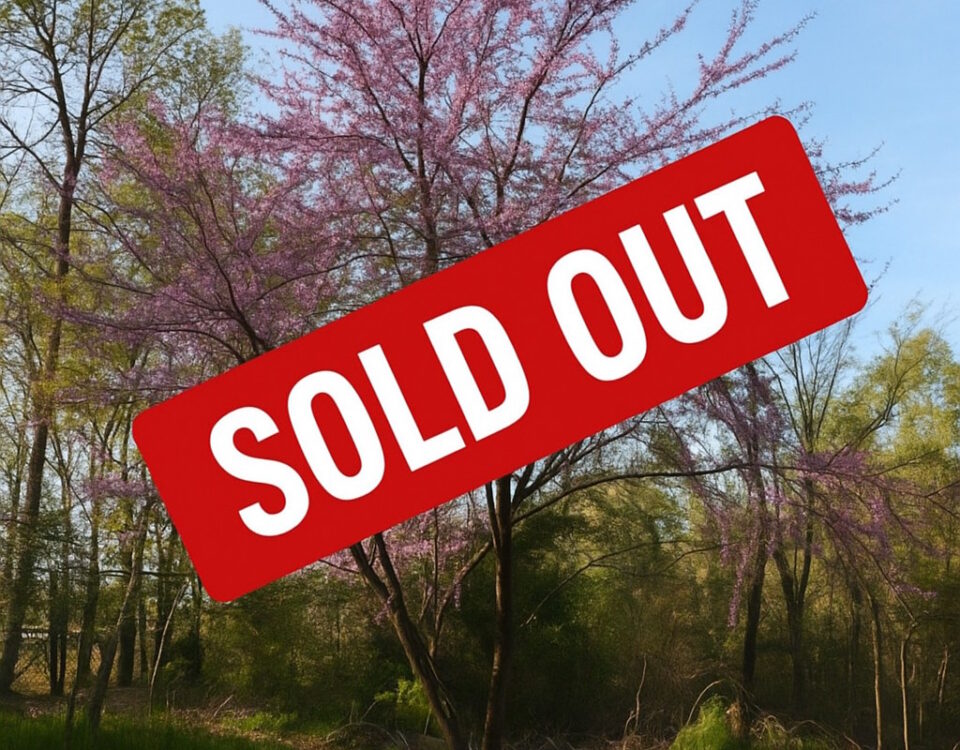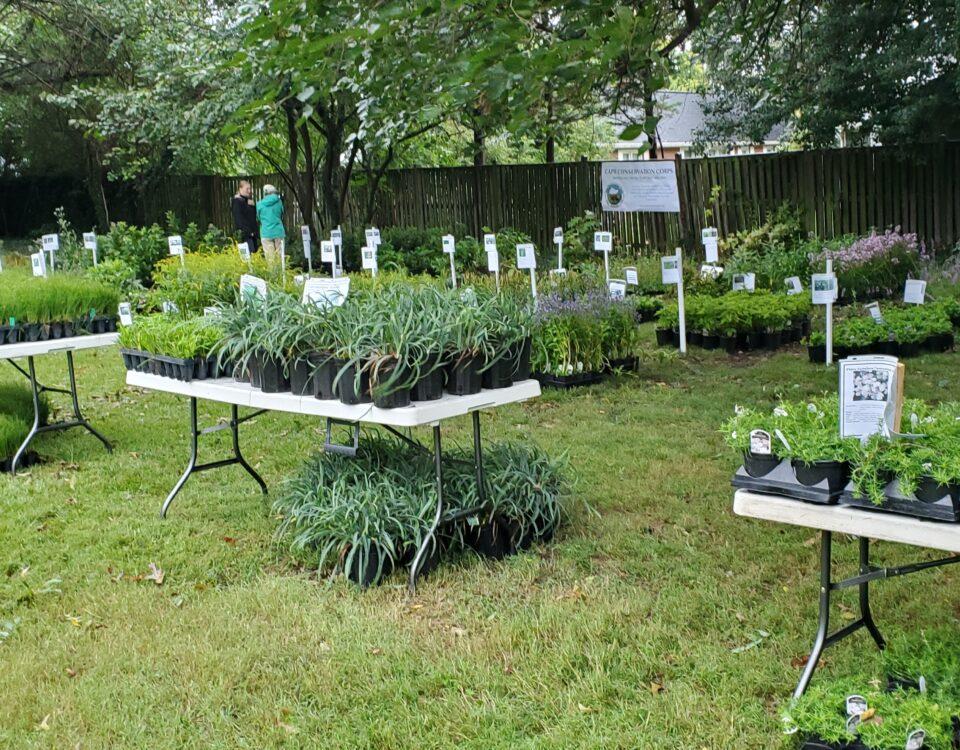Phragmites Update
May 15, 2015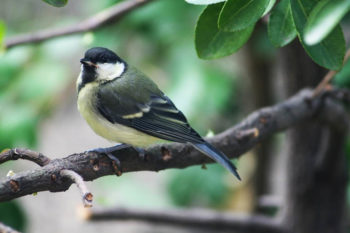
Backyard Birding
October 1, 2016By: Stacey Wildberger – September 2016
It seems like just yesterday I was anxiously waiting spring and the new growth of the garden, the buds bursting forth, and the beautiful blooms opening and now suddenly fall is right around the corner. What better time to start thinking about fall cleanup in the garden and around the yard, but STOP-not so fast on some of those traditional garden chores. If you want to create ecofriendly yards that sustain wildlife, support biodiversity and protect our pollinators there are some simple things you can do to help.
A few simple Do’s and Don’ts to try this fall:
- Don’t cut down the flower stalks and other garden plants
- Do let them stand so that caterpillars and other beneficial bugs can overwinter on their stems and in the hollow stems (Joe Pye Weed is an great example)
- Don’t rake and bag all of your fallen leaves and set them on the curb
- Do use the leaves as mulch and to start new garden beds. By spreading a deep layer of mulch over an area of lawn you want to convert to a garden next spring you minimize soil disturbance, eliminate digging of the beds and prevent weeds from germinating.
- Do leave leaf litter for the beneficial bugs
- Do compost it to use a soil amendment next year or share it with a neighbor who needs it for their own gardens.
- Don’t wait until next year to start thinking about your garden and lawn and how you can begin to create a more eco-friendly landscape
- Do start planning on how you can reduce lawn, plant more natives, garden wisely (no pesticides/ insecticides), manage water runoff
- Do plant trees, shrubs and even perennials now—by planting in the fall it allows it allows them to become well established before they have to endure the heat of the summer
- Don’t forget about being a good neighbor
- Do think about the areas around your property. We all know to shovel the snow on the sidewalks in front of your house but if you have storm drains out front don’t neglect them. Clear out the trash, leaves, mulch, stones, grass and other debris that gets caught in them. It will allow them to work more efficiently and not drag unnecessary debris out to our water ways
- Do consider join Cape Conservation Corps with a membership, donation and volunteering your time. We will have several restoration projects to help out with this fall.
Many traditional garden chores and practices are time consuming and back-breaking not to mention disruptive to local wildlife. By beginning to change our way of thinking about our tiny piece of land in relationship to the environment we can begin to make a difference. You can create a landscape that is not only beautiful but ecologically beneficial.
If you want to read more about creating eco-friendly landscapes DO pick up Larry Werner & Thomas Christopher book Garden Revolution or Chesapeake Gardening & Landscaping by Barbara W Ellis.
